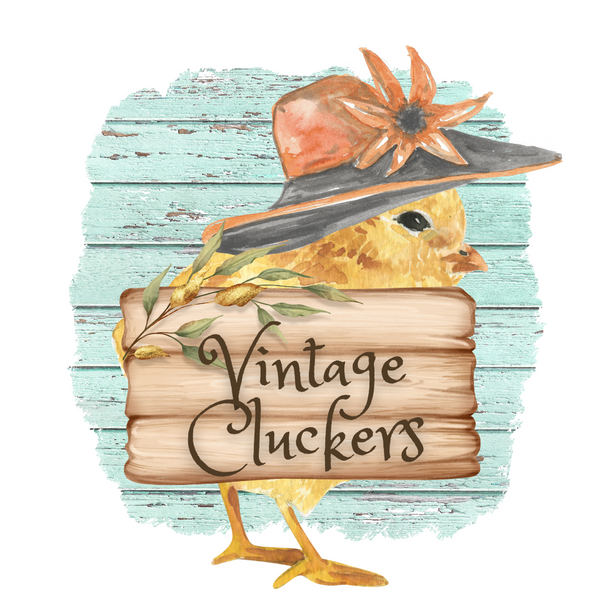Silkie Chicken Care Guide
Silkies make amazing pet chickens, but there are a few things you should know before picking up a flock of these fluffy butts.
Silkies need all the care that "regular" chickens do, with just a few added considerations.
1. Silkie chicks should never get medicated feed. The medicine used in medicated feed blocks the absorption of vitamins that are needed for your Silkies to live.
2. Silkies are prone to leg issues. This is especially important to consider if you plan on hatching eggs from your Silkies. Splay leg, spraddle leg, twisted leg, curled toes, and even slipped tendons are more common with Silkies than with other breeds. To help stave off these issues, line your incubator with non slip shelf liner before entering lockdown, and then make sure the first water offered to your little peepers includes vitamins (particularly B vitamins). While relatively nothing can be done for actual leg deformities, curled toes, splay leg, spraddle leg, and even slipped tendons can be cured if you treat swiftly.
3. Silkies are not easily integrated into mixed flocks. If you were hoping to add Silkies to your existing flock of standard size chickens, go ahead and put that idea to rest. Even when Silkies grow up with standard breed chickens they tend to get bullied, and bullying is extra dangerous for Silkies. They have what's called a vaulted skull, and sometimes their skull doesn't cover their entire brain. If they get pecked in the top of the head, it can easily cause death or a major brain injury. At the very least, they will get scalped. This is why we always suggest having a coop dedicated to Silkies or other smaller docile bantams.
4. Silkies go broody...a lot. At any given time, we have at least 3 broody Silkies. Every season, no matter the weather. These broody girls will roll every single egg underneath them and persistently pancake over them until those babies hatch. If you intend on taking their eggs, prepare for what we call "Silkie Primal Screaming". This sound will make all your other chickens chime in, and probably scare your neighbors. The plus side is, you can hatch eggs. Anyone's eggs. Silkies are prone to sit on all eggs...no matter who (or what) lays them.
5. Silkie chickens need to have access to a clean dust bath. Their feathers make them more prone to mites and lice, so providing them a proper dusting area is essential. Make sure to periodically check them over for these buggy pests, and treat them as soon as possible if you find any.
6. Silkies need to be kept dry. Now, we have some Silkies who aimlessly stand out in the rain instead of heading inside, BUT as a general rule, Silkies and water don't mesh well. Their feathers are not normal feathers. They are more like hair, and that means they don't dry as fast as your standard feathered friends. This can lead to them getting chilled in cold weather. If your Silkie decides to go dancing in the rain on a chilly day, its best to pop inside and give that Silkie a quick blow dry.
Silkies are some of the friendliest chickens around...after all, that's why so many people love them as pets. With the right care, you can plan to enjoy your beloved Silkies for around for 7-9 years...or more. If you are ready to shop for Silkies, message us or check us out on facebook to see what we have available. We specialize in pet and show quality Silkies. We have an array of colors and all feather types (Standard, Satin, Frizzled, Showgirl).
